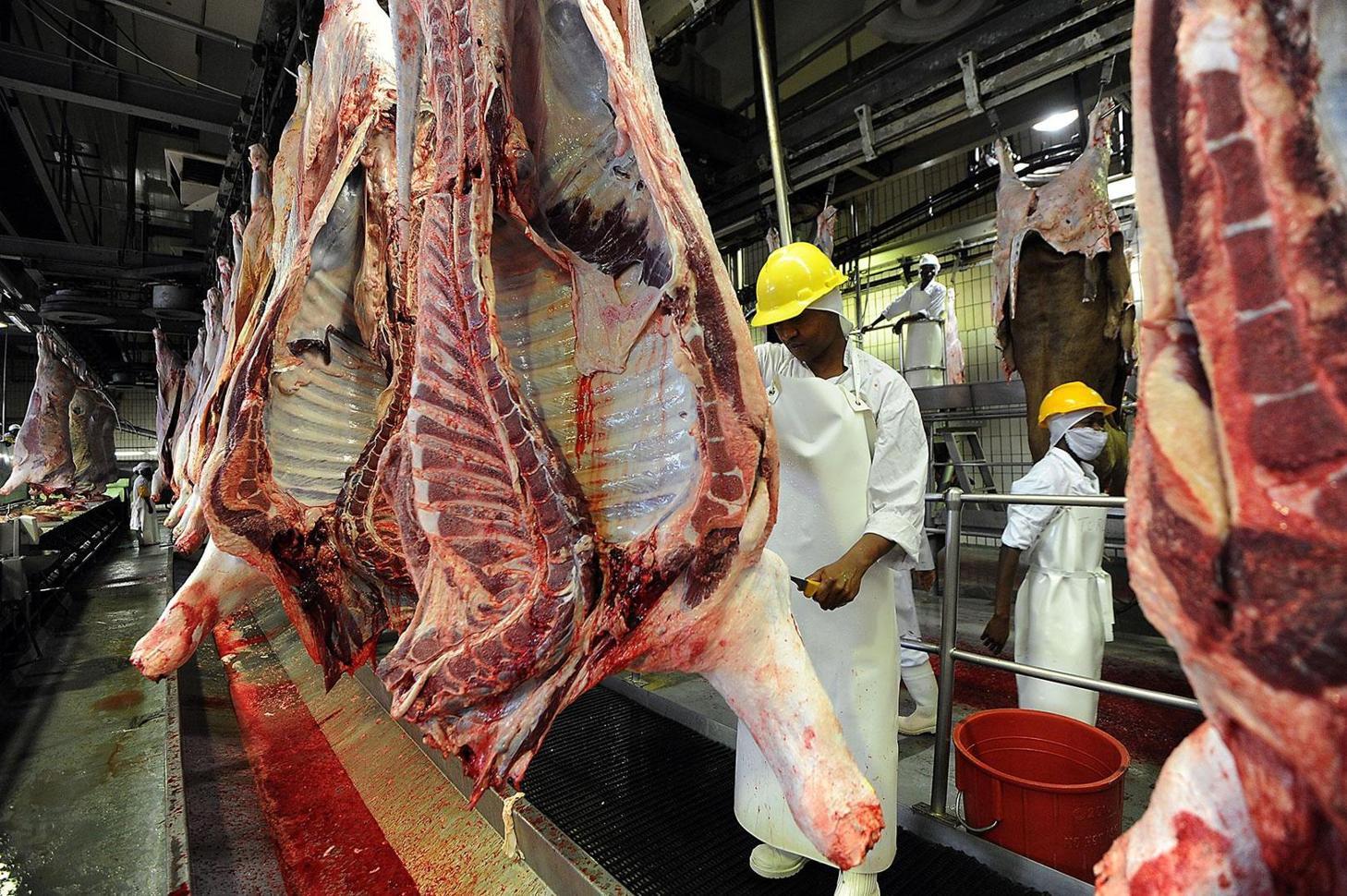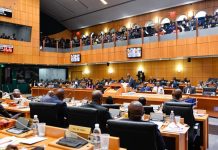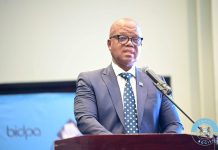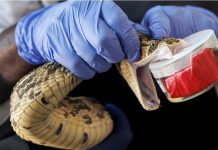Africa-Press – Botswana. The Angolan delegation from Ministry of Agriculture and Forestry has extolled their visit to Botswana as an eye opener to grow their beef sector.
The group, led by Head of Department for Animal Identification, Registration and Traceability, Dr Poulo Afonso, said they were in a weeklong benchmarking exercise to learn from Botswana how they can improve the beef industry and export to other countries.
In an interview, following a farm visit of the registered Europen Union (EU) holding farm owned by Mr Modise Kgope at Dikeletsane farm on Thursday, Dr Afonso said Angola was currently piloting the animal traceability exercise, hence the visit to Botswana was to come learn from the best practices.
He said Botswana was known for her beef access to the EU market and other international markets, something, which he said, was achieved through implementation of good animal husbandry.
“We are here to learn how they have achieved this through animals that are kept in a communal land because a high population of our animals are also concentrated in communal land,” he said.
He said following the benchmarking exercise, the intention is to implement the traceability project across the whole country in an attempt to start exporting their animals outside Angola. Dr Afonso said animal identification and traceability was an important tool for facilitation of animal and public health controls, hence it was the starting point in an effort to achieve economic efficiency of beef production.
Meanwhile, Kgatleng District Agriculture Coordinator, Ms Kgotso Madisa, said the Angola beef sector was mostly for sustenance of their local market, hence the delegation had come to learn how they can improve their beef industry in order to start exporting to other countries.
Ms Madisa said the delegation wanted to learn how Botswana has been successful in growing her beef sector through grass fed animals that were kept in communal zones.
“They are mostly interested in learning how we implement our Botswana Animal Traceability System (BAITS) and how we have been able to conquer the EU market with communal land animals,” she said.
For his part, the farm owner, Mr Kgope, lectured to delegates how he has been able to maintain and grow his cattle population that was sold to the UE and local market. Mr Kgope, who became a registered EU holder since 2016, said eligibility to sell to EU was achieved through orderly records, good infrastructure such as zoning kraals, toilets and good animal husbandry.
He said his farm kept more than 200 herds of cattle that all have data of how they were cared for. Mr Kgope said his herd was fed with natural grass in a communal setup and was mostly supplemented with calcium and phosphorous among other supplements.
The Angolan delegation itinerary included visit to the Ministry headquarters to learn about the BAITS system, Botswana Meat Commission, Rasesa feedlot and communal registered EU holding farms to learn best practices towards exploiting and diversification of their beef industry, among other things.
For More News And Analysis About Botswana Follow Africa-Press






